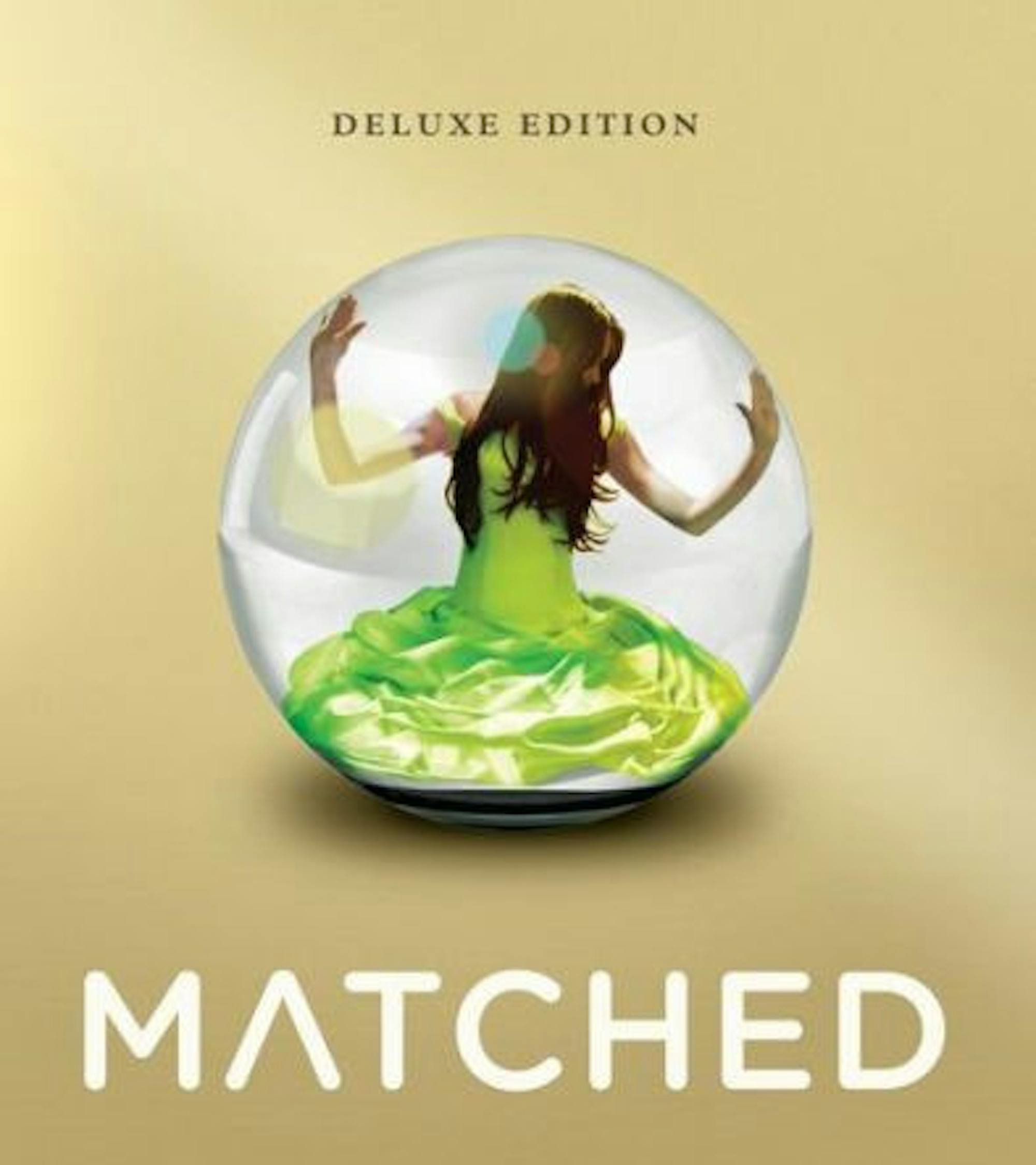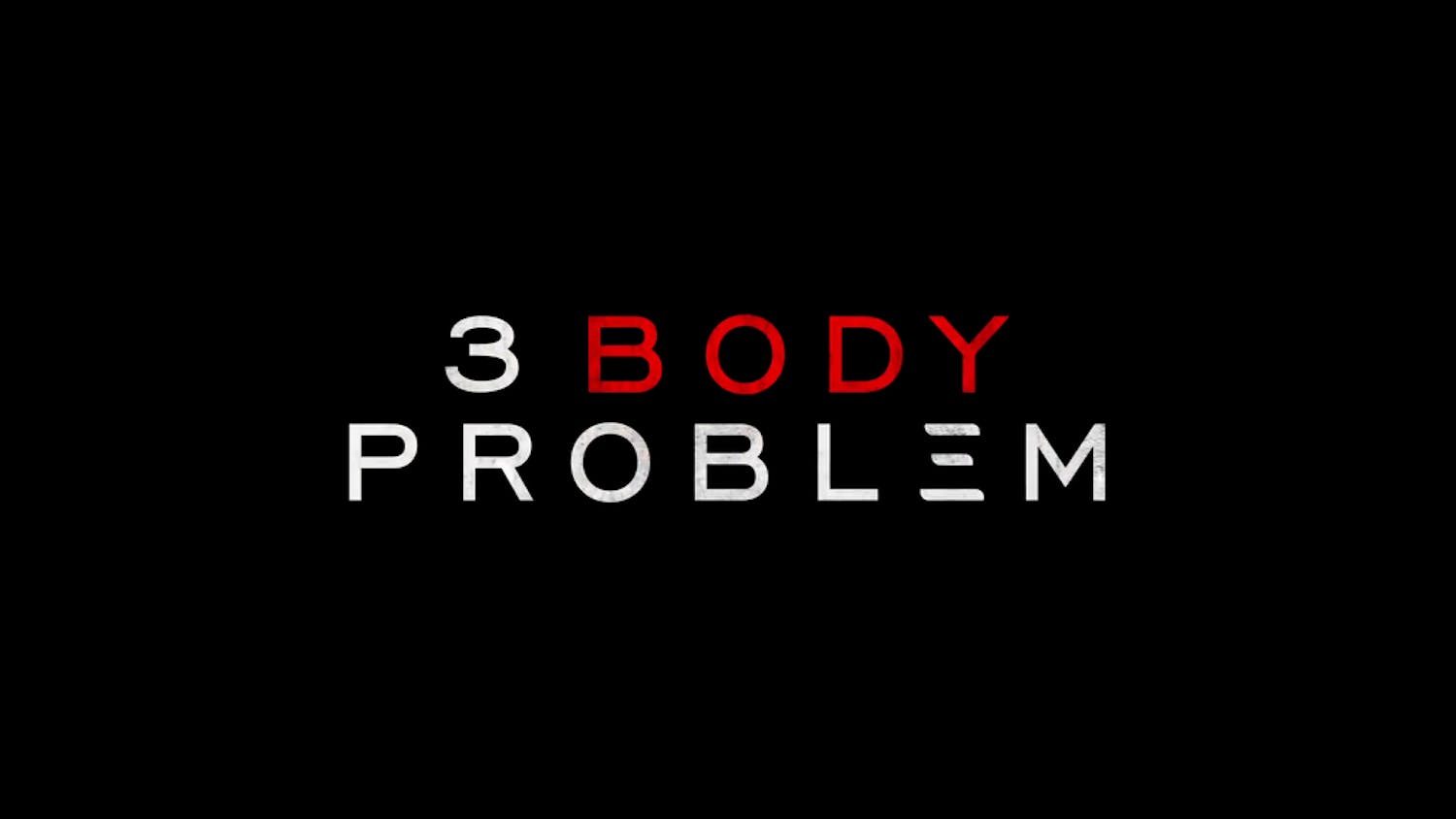It has been a decade since "Matched" (2010), a celebrated young adult novel written by Ally Condie, was published. When it first hit the presses, Condie and others had a feeling that it would be successful, but no one could have predicted the prophetic nature of this particular piece of dystopian fiction.
To celebrate the 10-year anniversary of "Matched," Condie was joined by New York Times bestselling author and friend Shannon Hale through Porter Square Books to discuss the implications of Condie's bestseller and the life it has lived since its publication.
Hale expressed how stunned she was by how on point the book seemed to be in addressing many issues that affect us now. Condie herself “didn’t feel like [she] was being prophetic” in writing "Matched" — she felt she was “just observing” — but it’s impossible not to see how Hale’s statement holds true. In this young adult novel set in a dystopian future, citizens are matched with their “ideal” partners based on DNA and statistics. This idea of a “match” is eerily familiar for many college students who grew up reading Condie’s novel and now find themselves “matching” with romantic partners on dating apps.
Condie explained that "Matched" was based on “the idea of getting to choose who you love.” This is a freedom that characters Cassia, Xander and Ky weren’t guaranteed; they had to make it for themselves, and they’re not alone. When"Matched" was written in 2008, same-sex marriage was not yet legal in all 50 states, but Condie explained that she wrote the novel “actually feeling very hopeful ... [the] dystopian world [of "Matched"] may not come to pass.”
Condie expressed that it’s eerie to revisit this story having seen all the things that did come to pass, for better and worse, since its publication. The example touched upon at the event was the shared frustration that there are still leaders who do not believe that fundamental marriage rights should be awarded to the LGBTQ community.
"There are a lot of people who don’t get to choose who they marry — we are still fighting that fight,” Condie said.
Another theme visited in this book was that of how to care — or not, in the case of this story — for the elderly. Hale described how "Matched" explores “the idea that old people should die so the young can be free,” and in doing so, it illuminates our own society’s leanings toward that dystopian pondering.
Hale continued: “In America, we tend to put old people out to pasture.” With the current health care crisis and the way in which COVID-19 disproportionately affected the elderly in nursing homes, the problem of providing a meaningful place for the elderly in American society is one that doesn’t find a humane remedy in the novel.
This aids in uncovering a truth of dystopian models and why they are so enthralling to readers of any age. Dystopian fictions are "cautionary tales"; Condie encourages readers to ask themselves, “How did we get to that point?" Yet for a novel that is set in America’s dystopian future, it holds that we will need to read closely and use these faulty societal models to hinder us from losing sight of our empathy, our need to care for all people and to ensure love in all forms is acknowledged and respected.
One of Condie’s most enduring takeaways from the decade of comments from her readers is that many of them have sought to find a political agenda in "Matched." However, Condie cautions readers of weaving the current political system too far into the analysis of the novel. At the end of the day, "Matched" is not an allegory for the American political system, but “an examination of humanity.” As Condie eloquently said, one of the questions driving her writing was “when we’re given the freedom to choose, do we make good choices?” There is no clear response in her trilogy, but such complex contemplation makes for a brilliant story of enduring love that proves “a metaphor for the teenage experience.”
Before the closing of the event, both Condie and Hale had to touch on their love for the young adult genre as a whole. Writing for and about teens means writing for those who will adapt to make change in the world. According to Hale, she loves writing young adult novels because she can see “how much genuine love the writers have for their readers [and] how much they want the best for them ... We want them to be better than us.”
The above event was put on by local bookstore Porter Square Books. This serves as a friendly reminder to support your local independent bookstores this holiday season. They need all they can get to survive the toll this pandemic has taken.






